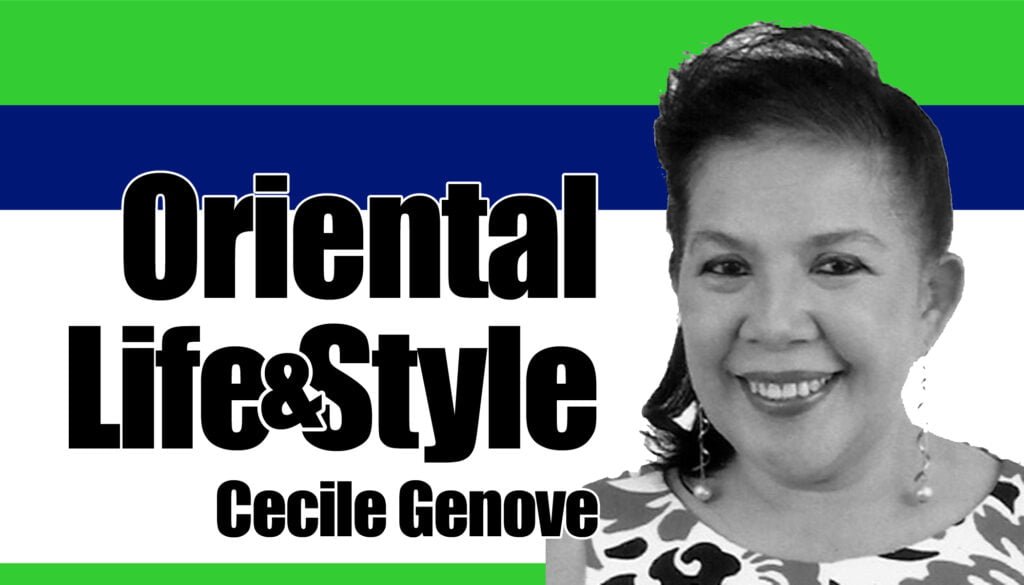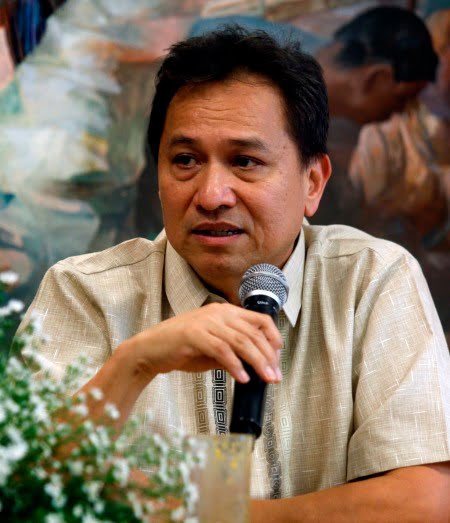
Now that the new year is well on its way, most of us can exclaim, “we made it!” But, not quite yet, as the new year brings more challenges, more adjustments, more overhauling of people’s lives, more retooling and upskilling, and being more resilient (an over-used word these days) than ever.
Among the higher education institutions in Dumaguete City, one that has relentlessly kept its head above water since the start of the pandemic two years ago is Foundation University, now approaching its 73rd founding anniversary. In our virtual interview with Architect Victor Vicente “Dean” Sinco, university president, a few moons ago, he expressed his desire to see the day when locals would have no compelling need to look for jobs outside because there are industries in the city or nearby, thus, you can choose to leave if you want to, or you can stay.
Excerpts of the interview:
Negros Weekly (NW): Foundation University may have had an “edge” in the present modality of teaching-learning as the students have been exposed to digital technology. Has this affected the delivery of teaching-learning?
Victor Vicente Sinco (VVS): The delivery of instruction at the Foundation Preparatory Academy (FPA) level wasn’t a problem as we have been utilizing technology with the 10-year-old iPad program. Our teachers were quite adept early in the academic year and quite frankly rose even more to the challenge. The college level was a bit more difficult as most instructors were more accustomed to face-to-face. We hired some consultants a month before the academic year started and this really paved the way for e-learning at the college level. There were a few mistakes in the early weeks, but we responded and recovered quickly to the students’ satisfaction. We had responded so well that our enrolment figures for this academic year are better than those prior to CoViD.

NW: Is this the way education will go in this 21st century? Revolutionizing education? Retooling skills? Upskilling?
VVS: We have felt that the inclusion of technology in instruction has always been a necessity for the past, present and, definitely, the future. But, it isn’t technology that is revolutionary as the digital devices are just tools. What we have realized is that technology lends itself very well to insuring that information and skills are learned, assimilated, and well implemented when the students are asked to do so. We have had PUPA (program of uncompromising personalized attention) for over two decades now and this philosophy works very well with today’s paradigm. We are moving from teaching to mentoring and now, finally, to coaching. That’s what PUPA primarily is. We see coaching quite different from teaching or mentoring in this way. As a coach, especially for the potential of future professionals, it is necessary to get the concepts that’s shared with the students well understood and implementable similar to a sports match. Coaching requires not only the training and assimilation of knowledge, but also understanding on how to get the students to peak such as in a sports match so the end results are of the highest caliber in performance. Grades, in this regard, are in our minds quite irrelevant, but performance is of the most import.
NW: Some schools have already applied for face-to-face classes, though limited, in certain courses. How ready is Foundation University?
VVS: F2F is merely a motor skill that we already know. I’m anxious just like everyone else to get to this level of normalization as physical presence is hugely important. Experience in education makes us feel that our students are getting shortchanged due to the limitations of CoViD precautions. Limited F2F is all right for some courses, but in general, the knowledge that we gained from e-learning is more important for our future paradigm. Our success with e-learning has shown us that we have the ability to teach and allow the students to practice the transfer of knowledge and skills anywhere and anytime. We are quite adept at using technology not just in communication, but most importantly, we have developed an acumen to practice in any learning environment or condition that is presented to us. We are looking forward to blending and showing all our version of F2F with e-learning in the coming academic year. We believe that this will be a real game changer. (to be continued next issue)




